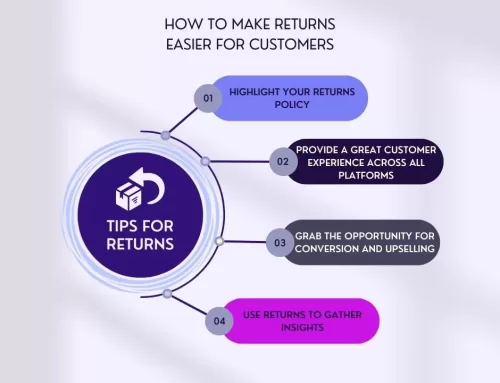20 SEO myths to leave behind in 2020
Courtesy of HubSpot
To say SEO has “changed a lot” would be the understatement of the decade. We’ll often see multiple updates per year from Google, like the BERT update in October aimed at helping the search engine better interpret natural language searches. Or the site diversity update in June, which focused on reducing duplicate organic listings on SERPs for the same site.
As a result of these constant modifications, marketers are faced with the challenge of educating themselves about each update, adapting their SEO strategy accordingly, and solving for any reduction in organic traffic.
Sounds like a lot of work? Well, truthfully, maintaining an effective SEO strategy does require a close eye and a commitment to quality. And because SEO has changed so much in the past several years, many marketers aren’t sure what’s outdated, what’s important, what will actually move the needle, and what’s simply wasted effort.
This guide is going to point out all of the most common myths and assumptions about how SEO works and debunk them for you, so you’re not wasting a single moment on things that simply don’t matter for SEO in 2020.
Let’s get started
Myth #1 “I must submit my site to Google.”
Myth #2 “More links are better than more content.”
Myth #3 “Keywords matter more than anything.”
Myth #4 “Having a secure site isn’t important for SEO.”
Myth #5 “You shouldn’t link out to other websites.”
Myth #6 “Meta descriptions have a huge impact.”
Myth #7 “Pop-ups will always hurt my rankings.”
Myth #8 “SEO is something I should pass to IT.”
Myth #9 “You can only have one H1 per page.”
Myth #10 “My homepage needs a lot of content.”
Myth #11 “The more pages I have, the better.”
Myth #12 “Good user experience is an added bonus.”
Myth #13 “Local SEO doesn’t matter anymore.”
Myth #14 “Images don’t require optimization.”
Myth #15 “I don’t need a mobile strategy.”
Myth #16 “The age of my domain will help me rank.”
Myth #17 “Google holds grudges.”
Myth #18 “Video doesn’t have any SEO benefits.”
Myth #19 “I only need traffic from Google.”
Myth #20 “Low-volume keywords aren’t worth it.”
Now that you know what the common SEO myths are, what are you doing that isn’t moving the needle? Or worse, what are you doing that’s making your SEO efforts worse? Understanding these SEO truths will make you both more effective and more efficient with your organic search strategy.
If you can take one thing away from this guide, it’s this: More than anything else, SEO is about the overall experience for a searcher, and that experience starts the moment they enter a search query. The better their experience with you – from your SERP listing, to the quality and relevancy of the content on your site, to the ease with which they can move through your site – the better your SEO will be, too.
If you wish to discuss SEO in more detail or find out how we can help, please contact Encompass Marketing today.







Leave A Comment